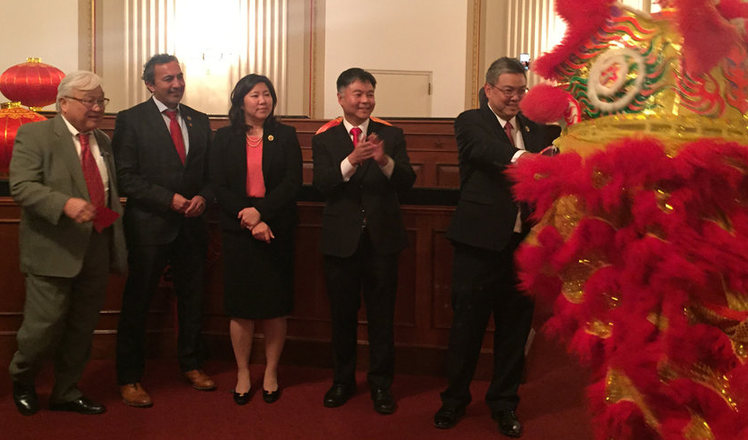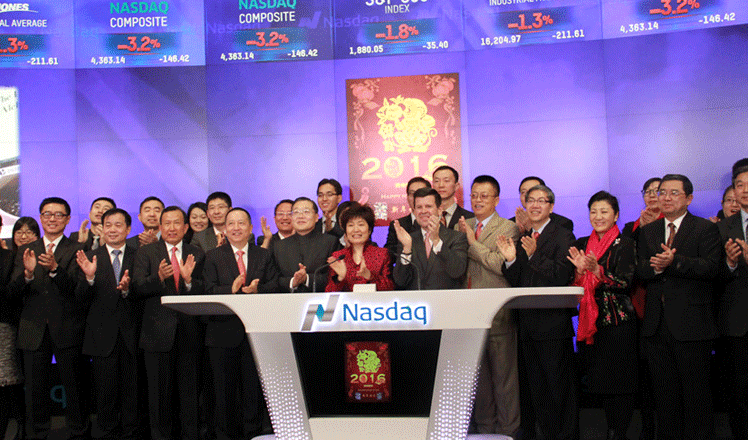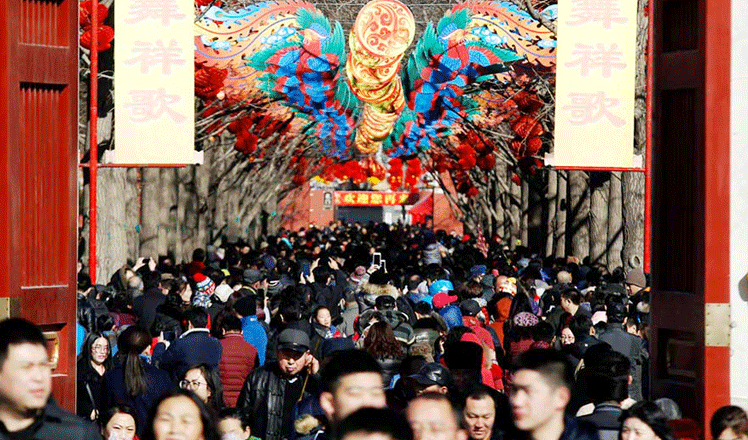Home rental prices show no signs of abating
Updated: 2016-02-13 00:40
By WANG YING in Shanghai(China Daily USA)
|
||||||||
Rental prices of Shanghai’s apartments have risen for 16 consecutive months since September 2014, with the average rate per square meter soaring nearly 20 percent last year, according to a report from property consultancy Centaline Property of Shanghai.
The report also revealed that the average rental rates across the city surged 19.5 percent in 2015 from a year ago, and in the districts of Yangpu, Putuo, Zhabei, Jiading and Pudong New Area, prices rose more than 20 percent.
Lu Wenxi, a senior research manager from Centaline Shanghai, said that the heated demand for homes would continue to support the leasing market in the first half of 2016, but rents are expected to stabilize in the second half of the year.
In downtown Shanghai, the average rate per square meter exceeded 110 yuan ($16.7) by the end of 2015. Specifically, rental prices in Jing’an district rose to 128.71 yuan per sq m, followed by Huangpu district (121.22 yuan), Changning district (121.06 yuan) and Xuhui district (113.56 yuan).
Traditionally, the leasing market slips into a low season during the run-up to the Chinese New Year, but Shanghai’s home leasing index in December edged up 0.61 percent from November, and up 7.91 percent year-on-year, according to data from the city’s home leasing index office.
Analysts believe that the active home trading market has also given a boost to rental prices in the second half of 2015, and real estate brokerage company Lianjia forecast another wave of rent increases after the Chinese New Year.
Cai Hongsheng, a chain store manager with Lianjia Shanghai, said that many people have sought to secure home leases ahead of the Chinese New Year as they anticipate a swell in demand for homes and an inflation of rental prices following the festive period.
The rising cost of renting a home has as a result increased pressure on low- and medium-income people in the city who are forced to move to suburban and emerging areas for cheaper options.
“We have noticed that the quick influx of people in the city has saturated affordable living spaces and only a small group of people are qualified to apply for government subsidized houses,” said Sun Li, a senior researcher from Centaline Shanghai.
Chen Jie, a professor from Shanghai University of Finance and Economics who specializes in property studies, said that the local government has an urgent task of solving the shortage of living space, especially since the city is trying to become an attractive destination for foreigners to live and work.
“It is also worth noting that the city’s leasing market is strongly backed by the growing population that was driven by the development of its free trade zone development as well as it goals of becoming a technological innovative center by 2020,” said Chen.
Compared to the home trading market, Chen said that Shanghai’s leasing market has remained at a reasonable level. According to Chen’s research, the average annual rental price of an apartment only accounted for about 2 percent of its selling price, compared to the global average, which usually hovers between 5 and 6 percent.
wang_ying@chinadaily.com.cn
- General strike against pension reform brings Greece to standstill
- Madrid airport sounds alarm after bomb threat on Saudi plane
- Obama proposes new oil tax to fund clean transportation
- UN special envoy announces temporary pause of intra-Syrian talks
- Taliban kill 10-year-old hailed as militia hero
- Obama slams anti-Muslim rhetoric during first visit to US mosque

 Spectacular Harbin snow sculptures draw holidaygoers
Spectacular Harbin snow sculptures draw holidaygoers
 First Capitol billing for Lunar New Year
First Capitol billing for Lunar New Year
 All you need to know about China's Spring Festival temple fairs
All you need to know about China's Spring Festival temple fairs
 Special souvenirs
Special souvenirs
 Opening bell on Chinese New Year's Day
Opening bell on Chinese New Year's Day
 The world celebrates Spring Festival with China
The world celebrates Spring Festival with China
 Ditan Park temple fair embraces Chinese New Year
Ditan Park temple fair embraces Chinese New Year
 Xi Jinping grieves over Taiwan quake, vows aid
Xi Jinping grieves over Taiwan quake, vows aid
Most Viewed
Editor's Picks

|

|

|

|

|

|
Today's Top News
National Art Museum showing 400 puppets in new exhibition
Finest Chinese porcelains expected to fetch over $28 million
Monkey portraits by Chinese ink painting masters
Beijing's movie fans in for new experience
Obama to deliver final State of the Union speech
Shooting rampage at US social services agency leaves 14 dead
Chinese bargain hunters are changing the retail game
Chinese president arrives in Turkey for G20 summit
US Weekly

|

|








